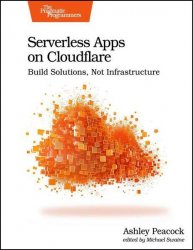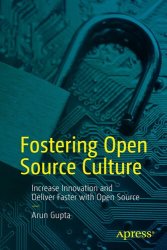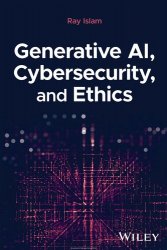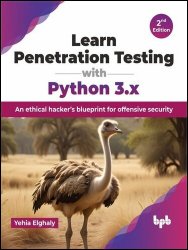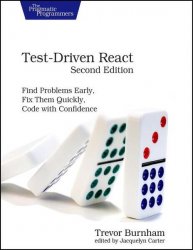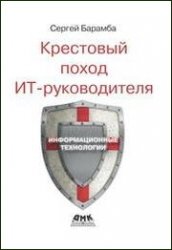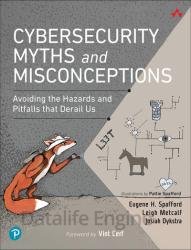 Название: Cybersecurity Myths and Misconceptions: Avoiding the Hazards and Pitfalls that Derail Us (Final)
Название: Cybersecurity Myths and Misconceptions: Avoiding the Hazards and Pitfalls that Derail Us (Final)Автор: Eugene H. Spafford, Leigh Metcalf, Josih Dykstra
Издательство: Addison-Wesley/Pearson
Год: 2023
Страниц: 550
Язык: английский
Формат: epub (true), mobi
Размер: 28.6 MB
175+ Cybersecurity Misconceptions and the Myth-Busting Skills You Need to Correct Them.
Cybersecurity is fraught with hidden and unsuspected dangers and difficulties. Despite our best intentions, there are common and avoidable mistakes that arise from folk wisdom, faulty assumptions about the world, and our own human biases. Cybersecurity implementations, investigations, and research all suffer as a result. Many of the bad practices sound logical, especially to people new to the field of cybersecurity, and that means they get adopted and repeated despite not being correct. For instance, why isnt the user the weakest link?
In Cybersecurity Myths and Misconceptions: Avoiding the Hazards and Pitfalls that Derail Us, three cybersecurity pioneers don't just deliver the first comprehensive collection of falsehoods that derails security from the frontlines to the boardroom; they offer expert practical advice for avoiding or overcoming each myth.
Whatever your cybersecurity role or experience, Eugene H. Spafford, Leigh Metcalf, and Josiah Dykstra will help you surface hidden dangers, prevent avoidable errors, eliminate faulty assumptions, and resist deeply human cognitive biases that compromise prevention, investigation, and research. Throughout the book, you'll find examples drawn from actual cybersecurity events, detailed techniques for recognizing and overcoming security fallacies, and recommended mitigations for building more secure products and businesses.
Among the most powerful of defensive tools is critical thinking. This book is all about understanding how to think more critically about risks in cyberspace. This takes work. It’s not a free lunch. Bad actors prey upon our frailties as humans. Sadly, that includes our natural inclination to help those in need. So many scams exploit these and other positive social feelings. This book provides us with the ability to see through these ruses. It also arms us with safer practices such as two-factor or multifactor authentication, use of cryptography, backup, and redundancy. There are many ways in which things can go wrong in the complex cyberspaces of the 21st century. A combination of personal, business, and governmental practices is needed to defend against risks. As is often the case, forewarned is forearmed.
Read over 175 common misconceptions held by users, leaders, and cybersecurity professionals, along with tips for how to avoid them.
Learn the pros and cons of analogies, misconceptions about security tools, and pitfalls of faulty assumptions. What really is the weakest link? When aren't best practices best?
Discover how others understand cybersecurity and improve the effectiveness of cybersecurity decisions as a user, a developer, a researcher, or a leader.
Get a high-level exposure to why statistics and figures may mislead as well as enlighten.
Develop skills to identify new myths as they emerge, strategies to avoid future pitfalls, and techniques to help mitigate them.
Fall down the rabbit hole of analogies with whimsical illustrations of difficult concepts, coupled with extensive citations and humor-tinged prose that explain them.
Скачать Cybersecurity Myths and Misconceptions: Avoiding the Hazards and Pitfalls that Derail Us (Final)
[related-news] [/related-news]
Комментарии 0
Комментариев пока нет. Стань первым!

